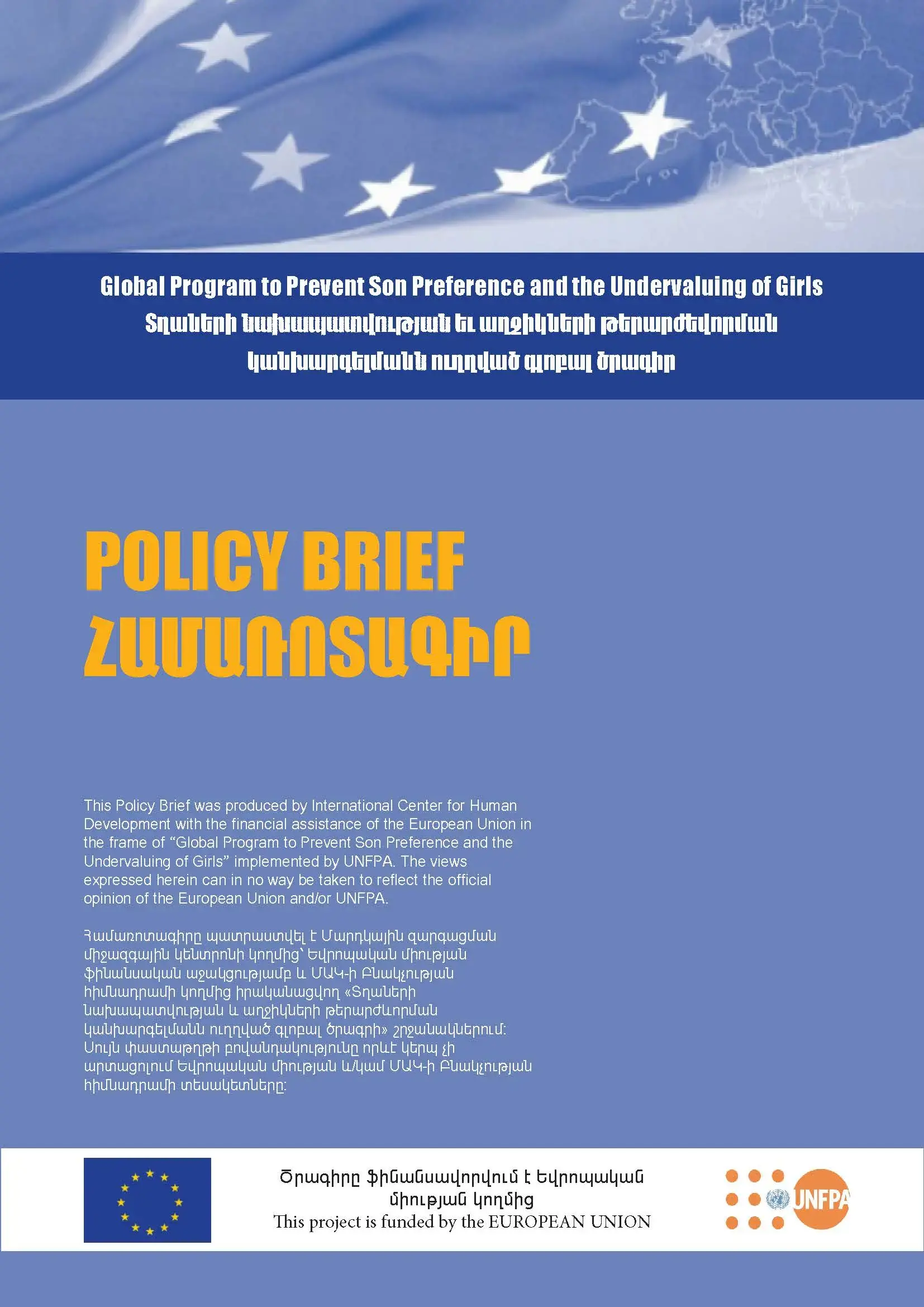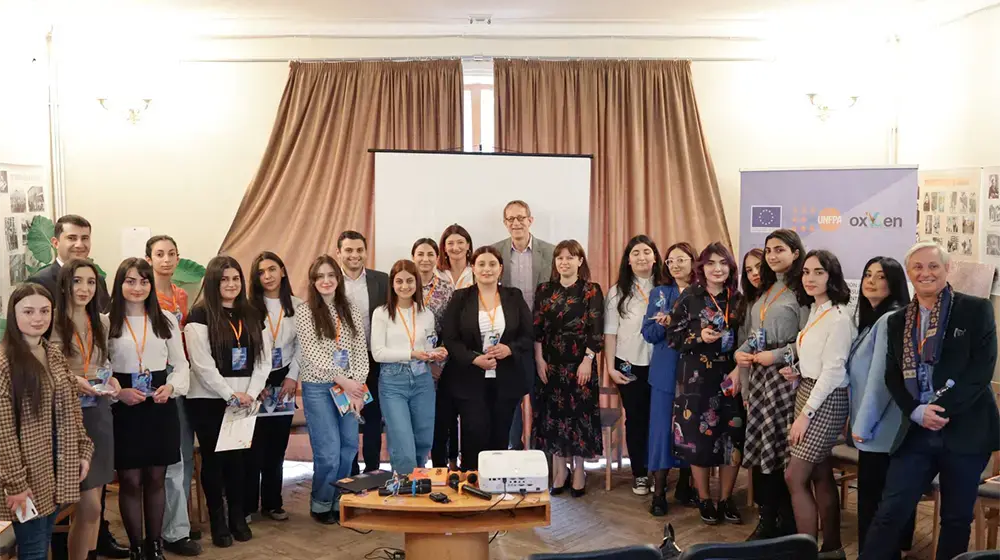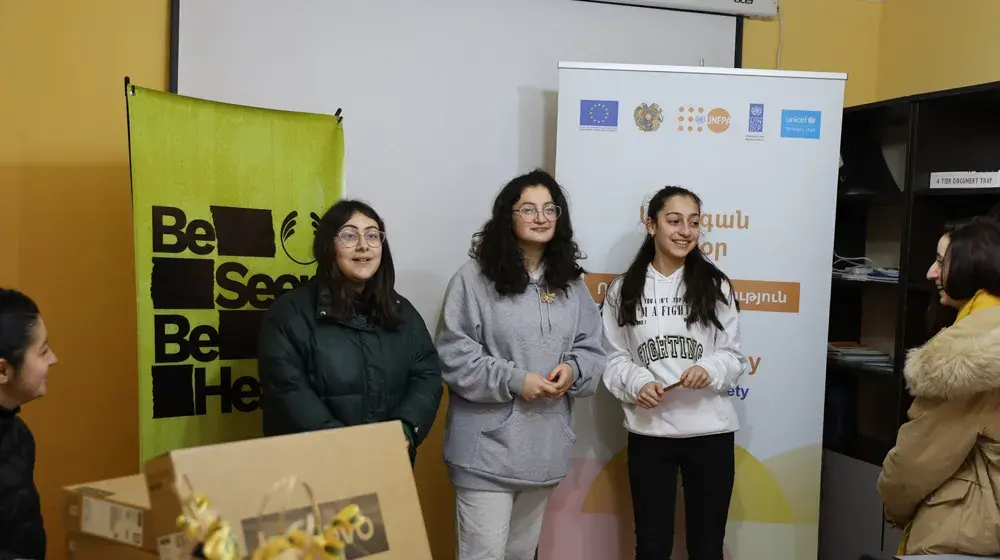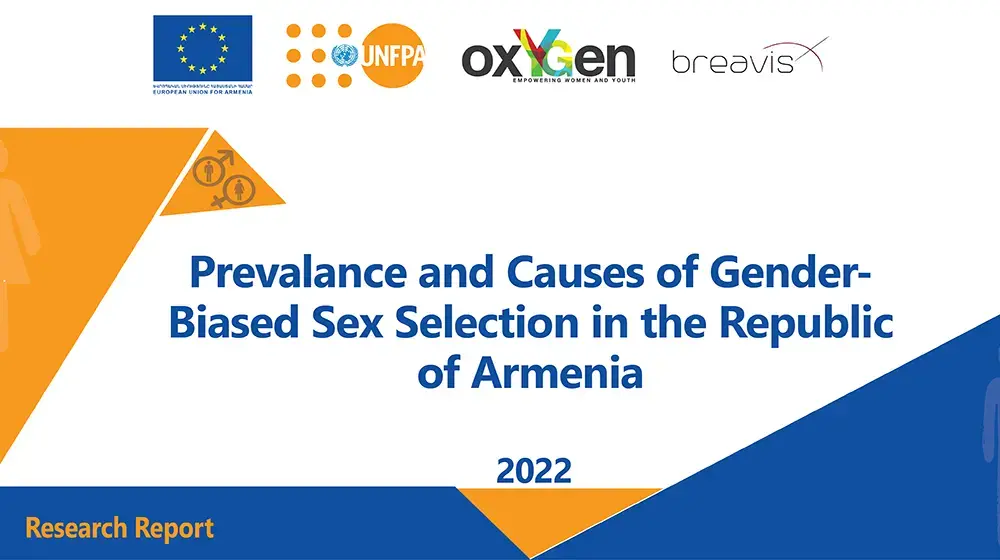The policy brief has been elaborated by the International Center for Human Development with the support of the European Union, within the framework of the project “Global Programme to Prevent Son Preference and the Undervaluing of Girls”, implemented by UNFPA.
International experience shows that investing in early childhood care and development services is a vital component to ensure women’s access to the labour market, provide them with greater possibilities to achieve a work-life balance and ultimately contribute towards gender equality. The analysis of the development of ECEC policies in the EU between 2014 and 2017 and their impacts on FLFP and gender gaps shows that member states (some more successfully than others) undertook great efforts to boost ECEC enrolment, with the majority of countries achieving a continuous increase in ECEC provision. Concerning Armenia, a provision of efficient ECEC policies would not only be beneficial towards an increased FLFP but at the same time help in combating gender-biased sex selection by providing greater choice and more economic empowerment for women. As previous research has shown, the most important polices that need to be addressed in that matter are the ones concerning ECEC and FLFP. Armenia should thus boost its effort in designing, implementing and monitoring policies offering wide-spread and efficient ECEC provision. The following analysis of ECEC in the EU can serve as guidelines towards well-functioning ECEC policies.





